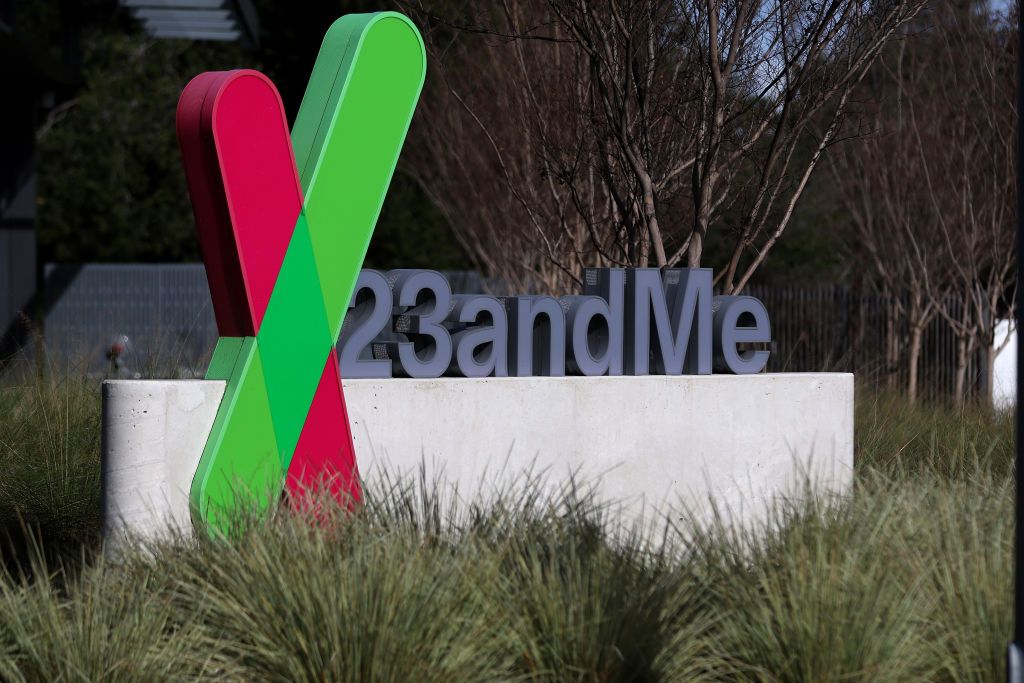The Importance of Data Sovereignty Highlighted by 23andMe's Bankruptcy
Whether the Sui Foundation buys 23andMe, or not, the genetic data company’s bankruptcy shows the perils of centralized data collection and how blockchains can protect the public, says Phil Mataras, founder and CEO of decentralized cloud network AR.IO.

In a stark reminder of the risks associated with centralized data collection, the recent bankruptcy of 23andMe has brought to light the critical importance of data sovereignty. The potential acquisition of 23andMe by the Sui Foundation has sparked further debates on who should control genetic information and how it should be managed.
As the world grapples with the consequences of widespread data breaches and misuse, experts like Phil Mataras, the founder and CEO of AR.IO, emphasize the need for decentralized solutions to safeguard sensitive information. The collapse of 23andMe serves as a wake-up call, highlighting the vulnerabilities of centralized databases and the potential for exploitation.
With data privacy becoming an increasingly pressing issue in the digital age, the use of blockchain technology is believed to offer a more secure alternative. By enabling individuals to retain control over their own data and ensuring transparency in data transactions, blockchains have the potential to revolutionize data management practices.
As discussions surrounding data sovereignty continue to gain momentum, the fallout from 23andMe's bankruptcy underscores the urgent need for enhanced data protection measures and a reevaluation of current data ownership frameworks.